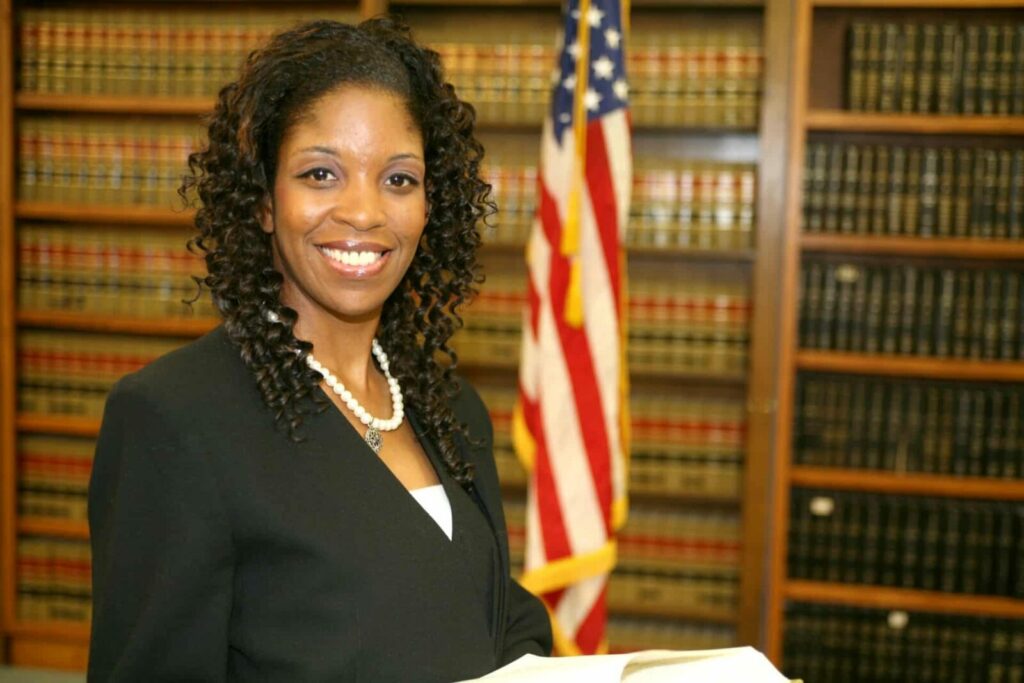When estate planning dovetails with divorcing couples, existing plans must be redesigned. How much depends on the nature of the divorce, as explained by a recent article from Accounting Today, “Estate planning for divorcing couples.” Spousal rights, beneficiary designations, child custody, and property distribution all need to be examined, as well as the distribution of property in the estate plan.
If being part of a divorcing couple is your situation, you’ll need a team of professionals who can work well together.
First, remember that your current estate planning attorney may have a conflict of interest while representing you. We don’t represent one spouse in altering an estate plan without both parties signing a waiver, reinstituting an attorney-client privilege for both clients if they could hire us.
Your estate planning attorney, accountant, and divorce attorney will need to be in frequent contact, as so many of these areas overlap. You’ll want to ensure that your separation agreement and estate plan complement each other. Anticipating potential challenges and obstacles in advance is crucial.
Here are a few aspects to consider:
If your estate planning attorney worked with you and the person you are divorcing, they will want to be clear about who they represent for the new estate plan. If it’s an amenable divorce, the estate planning attorney may recommend a respected colleague to help the other spouse.
The same scenario must be considered for the accountant. Did they interface with one spouse more than the other? If a joint return was filed in the past, which spouse would they work with during the divorce and afterward? An accountant’s involvement in an estate plan during the divorce may be critical to ensuring no financial discrepancies.
Beneficiary designations need to be revisited since, in most cases, spouses name each other as beneficiaries. Updating the beneficiary designation will avoid further complications in distributing the assets if something occurs to one of the spouses while the divorce is in process. Beneficiaries only change when the account owner actively makes the change. Your soon-to-be ex may inherit everything if you don’t change the account beneficiary.
Estate planning involves guardianship for minor children, and divorce typically addresses child custody, support, and inheritance. If one of the parents dies, who would get custody of the children? How will they be supported? Life insurance may be part of the separation agreement, where the ex-spouse will still be the beneficiary, so funds may be used to support the minor children.
Divorcing couples may not create new trusts until the divorce proceedings have been finalized. However, suppose trusts were established in estate planning before the divorce. In that case, they may be considered marital or separate property, depending on the source of the assets in the trust. This is a conversation to have with your estate planning attorney.
Revoking current property powers of attorney and health care decision-making documents and alerting all parties who need to know this.
Estate planning and divorcing couples are never simple processes. However, with the guidance of an experienced estate planning attorney, accountant, and divorce attorney, it is possible to move through the tumult and begin the next chapter with peace of mind.
Reference: Accounting Today (July 5, 2024) “Estate planning for divorcing couples”


